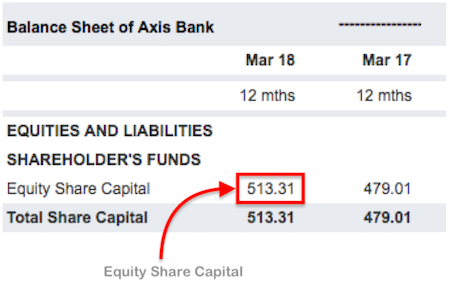Content

As a comptroller, you would most likely work for a government organization. Since your agency has a responsibility to taxpayers, your concerns would differ from that of your non-governmental counterpart, the controller. A comptroller is tasked with making sure that expenditures are within budget, rather than only looking at the final costs. Comptrollers review the work of the lower-level accountants to ensure all standards are met. They also oversee budgets across the organization to compare the actual figures with projections, making adjustments where necessary. Controllers spend a sizable portion of their time gathering data to report on current and past results—everything from cost-volume-profit analysis to balancing the books.
- Forensic accountants who work for the FBI even go through firearms training, so they aren’t your run-of-the-mill number crunchers.
- Many accountants aim to be partners at accounting firms where they can earn well over $100,000 a year.
- Controllers are usually either business controllers or corporate controllers.
- A Berkeley analysis of controllers between 2013 and 2015 estimated that the average controller works 170 hours per month, or a little less than 43 hours a week.
- Top-notch organizational skills can help controllers keep track of vital data and documents and make sure their departments run efficiently.
- They need to stay abreast of budgeting and staying within projected figures throughout every stage of business in order to keep constituents happy, according to Proformative.
After building managerial expertise in the field, experienced accountants can qualify to become assistant controllers. Bureau of Labor Statistics , financial management careers—which include financial controllers—typically pay above-average salaries and see strong demand. In the accounting profession, details are crucial, and even small mistakes can be costly. All accountants—from entry-level clerks to department heads like controllers—need to keep a sharp eye out for any inaccuracies and discrepancies. Since a controller bears the final responsibility for their entire team’s work, this quality is especially important for the role.
How is a CFO Connected to the Comptroller or Controller?
In business, the title is typically spelled controller, with government organizations only using the spelling comptroller. Often, the controller has one or two assistant controllers at their disposal. Assistant controllers are normally less experienced and spend more time in the day-to-day minutiae of data collection, regulatory and statutory reporting, and the preparation of particularly challenging journal entries. After reading the above information, now you can make out the difference between these two; however, there is a thin line of difference between both the roles. Both Controllers vs Comptroller required the same level of education and needed a complete understanding of accounting and business principles.
- At larger companies, the controller usually reports to the chief financial officer .
- The Comptrollers mainly work in the public sector, and there is no frequent opening available, whereas there is a high demand for Controllers, as nowadays all private companies majorly focus on Financial reporting.
- The controller vs. comptroller difference is much smaller than comptroller vs. vice president.
- Both perform similar duties except that a comptroller holds some additional responsibilities, as well as a bit more prestigious position within an agency.
- The CFO, or Chief Financial Officer, is the head of an organization’s finance team.
- Since controllers contribute to their organization’s overall financial strategy, they need sharp analytical skills to extrapolate actionable meaning from raw numbers.
The median annual salary for financial managers—which includes controllers—was $134,180 in 2020 according to BLS data. Non-controller accountants have a number of specialties to choose from. Some go into auditing, others tax accounting, some work for the government, and others perform cost accounting and internal reports. The difference in question seems to be one involving the expenses involved with products in a company.
What Does a Controller Do?
A comptroller seems to oversee the overall costs that go into the services a company is providing. The majority of accountants work a standard 40 to 45-hour workweek with paid holidays, leave, vacation time, and even some scheduling flexibility. Though it has a reputation for being a “boring” career, accounting remains one of the most satisfying careers according to industry reports. You don’t need years of direct accounting experience to become a controller but it certainly helps.
There are also fewer of these positions nationwide.It may be best to establish yourself in the private market as a controller in order to gain credentials toward a government position later. The difference between controller and comptroller may seem small, but there are a number of considerations when pursuing these careers. The CAO is the second-highest ranking finance professional in an organization, reporting to and working comptroller versus controller directly with the CFO. As the role of CFO has become more demanding, CAOs oversee the tactical and operational tasks that CFOs once dominated. Chief accounting officers are often tasked with SEC reporting, regulatory compliance, corporate governance, risk management, cost management, and environmental, social, and governance reporting. It’s difficult to determine the average salary for a mid or upper-level accountant.
Accountant vs. Controller: What’s the Difference?
Controllers must understand their employers’ financial goals and offer data-informed recommendations on how to meet them. Is exactly that—the head honcho for all things financial in an organization. Not all companies have a CFO, but larger organizations will typically have one. The CFO is responsible for preparing the annual budget and overseeing all financial and accounting activities, and the role is often the third-highest in a company. Every industry from government to dairy farming has a need for good financial management.